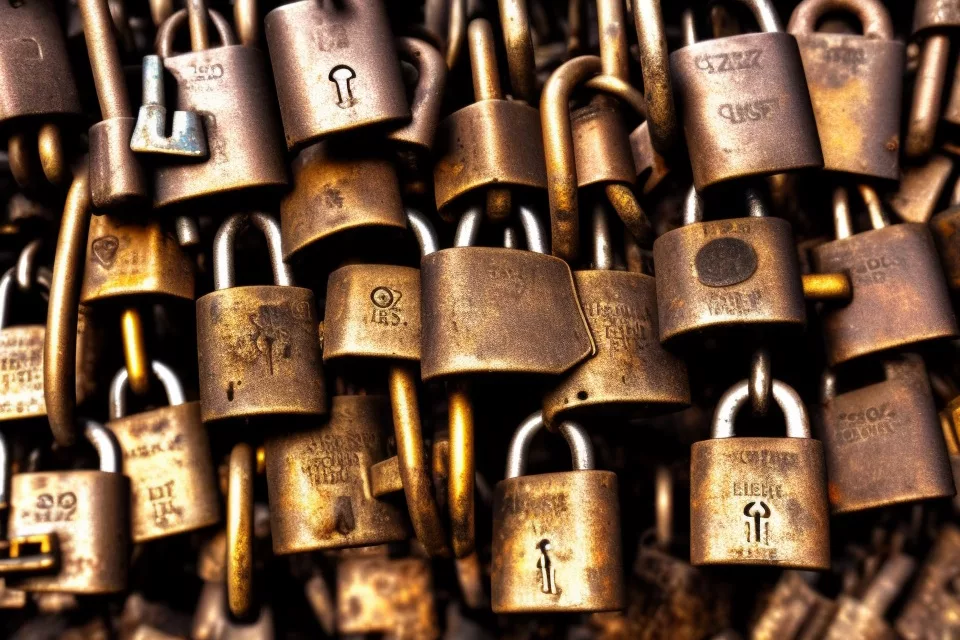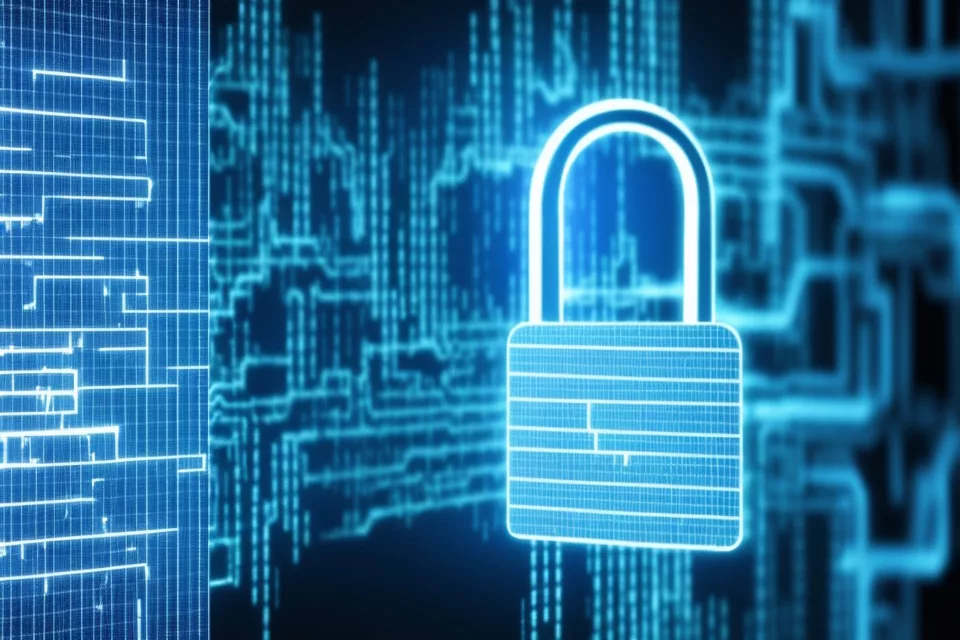Are you tired of being restricted from accessing your favorite content while on the go? Or are you concerned about your online privacy and security? If so, you may have heard about VPNs and the benefits they provide.
What is a VPN?
A VPN, or Virtual Private Network, is a service that allows you to access the internet securely and privately. A VPN creates a private, encrypted tunnel between your device and the internet, protecting your online activities from prying eyes and hackers. With a VPN, you can access websites, online services, and content that may be restricted in your country, surf the web anonymously, and secure your internet connection while using public Wi-Fi.
How Does a VPN Work?
A VPN works by routing your internet connection through a remote server, effectively hiding your IP address and encrypting your online traffic. When you connect to a VPN, your device sends a request to the VPN server, which then forwards your request to the internet. The response from the internet is sent back to the VPN server, which encrypts it and sends it back to your device. This way, your online activities are protected from eavesdropping and your IP address is hidden, allowing you to access restricted content and surf the web anonymously.
Types of VPNs
There are several types of VPNs, each with its own set of features and benefits. Some of the most common types of VPNs include:
- Remote Access VPN: This type of VPN is typically used by employees to securely access their company’s network and resources while working remotely.
- Site-to-Site VPN: This type of VPN is used to connect multiple remote sites to a single secure network.
- Mobile VPN: This type of VPN is specifically designed for mobile devices, providing secure and fast access to the internet while on the go.
- Personal VPN: This type of VPN is the most common, providing individual users with secure and private access to the internet.
Setting Up a VPN
Setting up a VPN is relatively straightforward, and can be done in just a few simple steps. Most VPNs provide software that you can install on your device, which will automatically configure your VPN connection. Some VPNs also provide browser extensions or mobile apps, allowing you to use the VPN without installing any software.
Here’s a general overview of the steps to set up a VPN:
- Choose a VPN provider and sign up for a subscription.
- Download and install the VPN software on your device.
- Launch the VPN software and log in with your VPN account.
- Choose a server location and connect to the VPN.
And that’s it! Once you’re connected to the VPN, your internet connection will be secure and private, and you’ll be able to access restricted content and surf the web anonymously.
Benefits of Using a VPN
There are many benefits to using a VPN, including:
- Improved security: A VPN encrypts your online traffic, protecting your activities from hackers and cyber criminals.
- Access to restricted content: With a VPN, you can access websites, online services, and content that may be restricted in your country.
- Improved privacy: A VPN hides your IP address, making it difficult for websites, advertisers, and government agencies to track your online activities.
- Enhanced performance: With a VPN, you can bypass internet censorship and avoid throttling, allowing you to enjoy faster and more reliable internet access.
5 Tips for Using a VPN
- Choose a reputable VPN provider: It’s important to choose a VPN provider that has a strong reputation for privacy and security. Look for VPNs that have been independently audited and have a proven track record of protecting their users’ data.
- Use a server that’s close to your location: To get the best performance, choose a VPN server that’s close to your location. This will reduce latency and ensure that your internet connection remains fast and reliable.
- Keep your software up-to-date: Make sure to keep your VPN software up-to-date to ensure that you have the latest security features and bug fixes.
- Use the right encryption protocol: Different VPNs use different encryption protocols, each with its own strengths and weaknesses. Choose a VPN that uses a strong encryption protocol, such as OpenVPN or IKEv2, to ensure that your online activities are secure.
- Enable the VPN whenever you use public Wi-Fi: Public Wi-Fi is often insecure, making it easy for hackers to steal your sensitive data. To protect yourself, use a VPN whenever you’re connected to public Wi-Fi.
What to Read Next
To learn more about VPNs and online privacy, articles will soon be added to this site for the best VPN services and how to use them. Share your experience with VPNs down in the comments!



